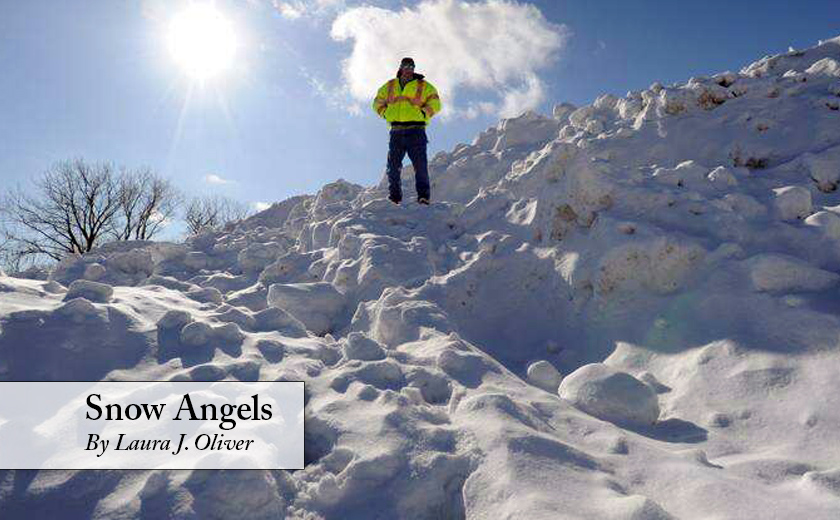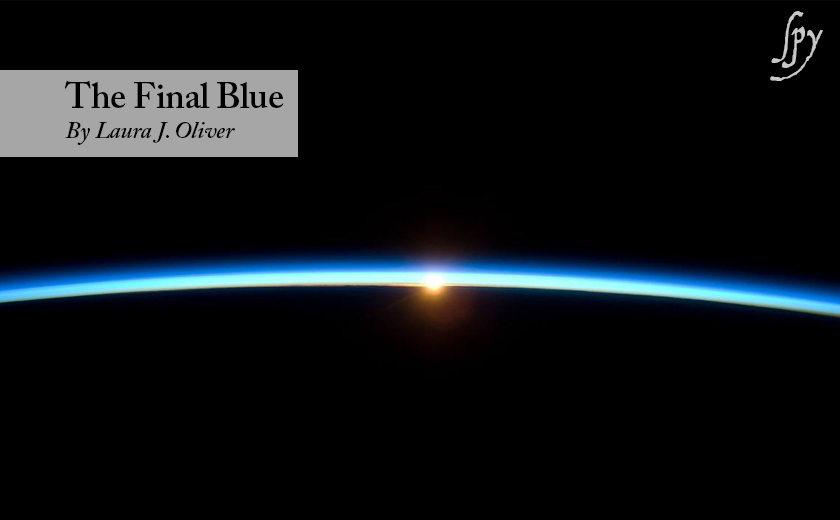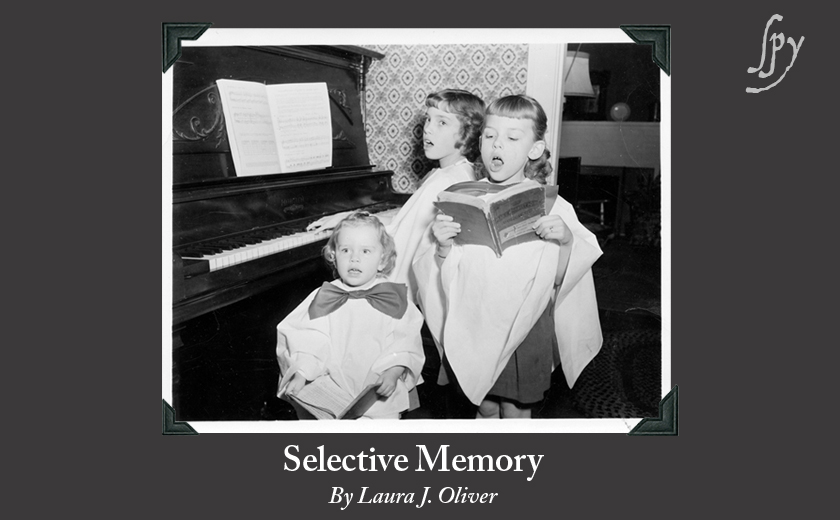I watched the snow pile up through the window by the fire, grateful that I wouldn’t be shoveling out my car when it stopped.
I live on a street where my house is one of perhaps three without off-street parking. It’s a narrow road that requires my VW to be parked tight to the curb with the sideview mirror tucked in at all times. With a major storm closing in, the mayor had offered free parking in the city garages to clear the street for emergency vehicles and eventually, plows. But when the blizzard ended, and it was time to retrieve the car, I could see I was in trouble. The 4-foot-deep, 4-foot-wide wall of snow the plows had created along the curb was now encased in 6 inches of ice. There was nowhere to park.
I tried a sledgehammer to break the crust but quickly ran out of strength. I then resorted to a pickaxe, which was effective only a few inches at a time. My neighbor across the street, who was shoveling her drive, yelled, “Laura! You’re scaring me” as I wielded my axe. “Ha ha,” I called back, like I wasn’t scaring myself.
I thought of my sister in Charlottesville, slammed by the same storm whose horse barn is on a hill a long way from the house. Because of the ice, the horses could not be allowed out in the fields, so I knew this sister was mucking the stalls alone, then maneuvering a heavy wheelbarrow through the ice pack as well.
As the setting sun pinked the horizon with the blush of goodbye, I stopped, leaned on my axe, pushed back my ski hat, and thought of my parents—both dead now. I thought, I bet you guys are proud of us—I bet you know Andee is shoveling out the barn like a farmhand twice her weight and size, and I’ll bet you are proud of me, out here trying my best to do this impossible job. But, I said, looking up as the sky turned to indigo, if you could send help, that would be awesome.
There wasn’t a soul on the street by this time, and I couldn’t even envision a way anyone could help me. But that’s the thing about miracles— your strategizing includes only solutions you can imagine, and the universe is so much bigger and more creative than any of us.
So, I just threw it out there as the axe came down again—Mom, Dad, if you’re not busy… if it’s not too much trouble, send help because night is falling, the deadline to move the car from the garage is looming, and I can’t do this much longer.
In the world muted by snow, I heard an engine in the distance. I continued to whack away. But as it got louder, I looked up and saw a pickup truck with a plow attached turning down my street and picking up speed. I stepped out into its path and waved down the driver.
Inside sat three men on their way to or from a job. Through their half-opened window, I explained my predicament, and the driver eyed my wall of ice. I can’t help you, he said. There’s no place to move the snow. I explained that if he could push it even ten feet down the street, where no one needed to park, that would help. He shook his head and kept staring at the problem.
I made one more attempt to show him where the snow could be moved, then thanked him for stopping, for even considering helping, and wished him well. But as I turned back to my shoveling, he suddenly threw the truck into reverse, lowered the plow, gunned the engine, and flew down the side of the curb for about 50 feet—violently, instantly, and effortlessly breaking the wall of ice—doing in 30 seconds what would take me days to accomplish.
And he wasn’t done.
He backed up and made three more passes, clearing snow and solid ice not just from the curb but the median as well. I ran in the house to scramble for all the cash I could find. Who carries cash anymore? And when he backed up the last time to see if I was okay with what he’d done, I thanked him profusely, happily thrusting the money through the window.
He said no, I said yes. He said no.
And I said, “You have to let me do this. I just prayed for help, and that help was you!” He smiled. The other men smiled.
A dream I once shared came to me again then. I had gone to bed wondering about guardian angels. My three children were little at the time, and I imagine I was thinking… is anyone watching over us? I could use some help here.
And that night, I dreamed I did indeed have a guardian angel, and that person was standing right behind me! I could feel the presence, a benign loving energy, close enough to touch. And I thought, all I have to do is turn around. A mystery of the universe is about to be revealed. Male or female, I wondered. Young or old? Familiar or stranger? Slowly, slowly, I turned to meet my protector and guide. To say thank you, I’m so grateful. How can I serve?
And there was not one person in attendance; there were hundreds, maybe thousands of souls standing there–smiling, compassionate countenances as far as the eye could see.
We want to know how everything works, but here’s the thing: until we do, we live in a world where we’re not in charge. Where the inexplicable can happen.
Dreams are elusive; they fade, usually an obvious processing of the day’s events.
But sometimes we get a glimpse of a greater reality: a universe in which love is infinite, and help available, for the challenge you can’t face alone.
Laura J. Oliver is an award-winning developmental book editor and writing coach, who has taught writing at the University of Maryland and St. John’s College. She is the author of The Story Within (Penguin Random House). Co-creator of The Writing Intensive at St. John’s College, she is the recipient of a Maryland State Arts Council Individual Artist Award in Fiction, an Anne Arundel County Arts Council Literary Arts Award winner, a two-time Glimmer Train Short Fiction finalist, and her work has been nominated for a Pushcart Prize. Her website can be found here.



